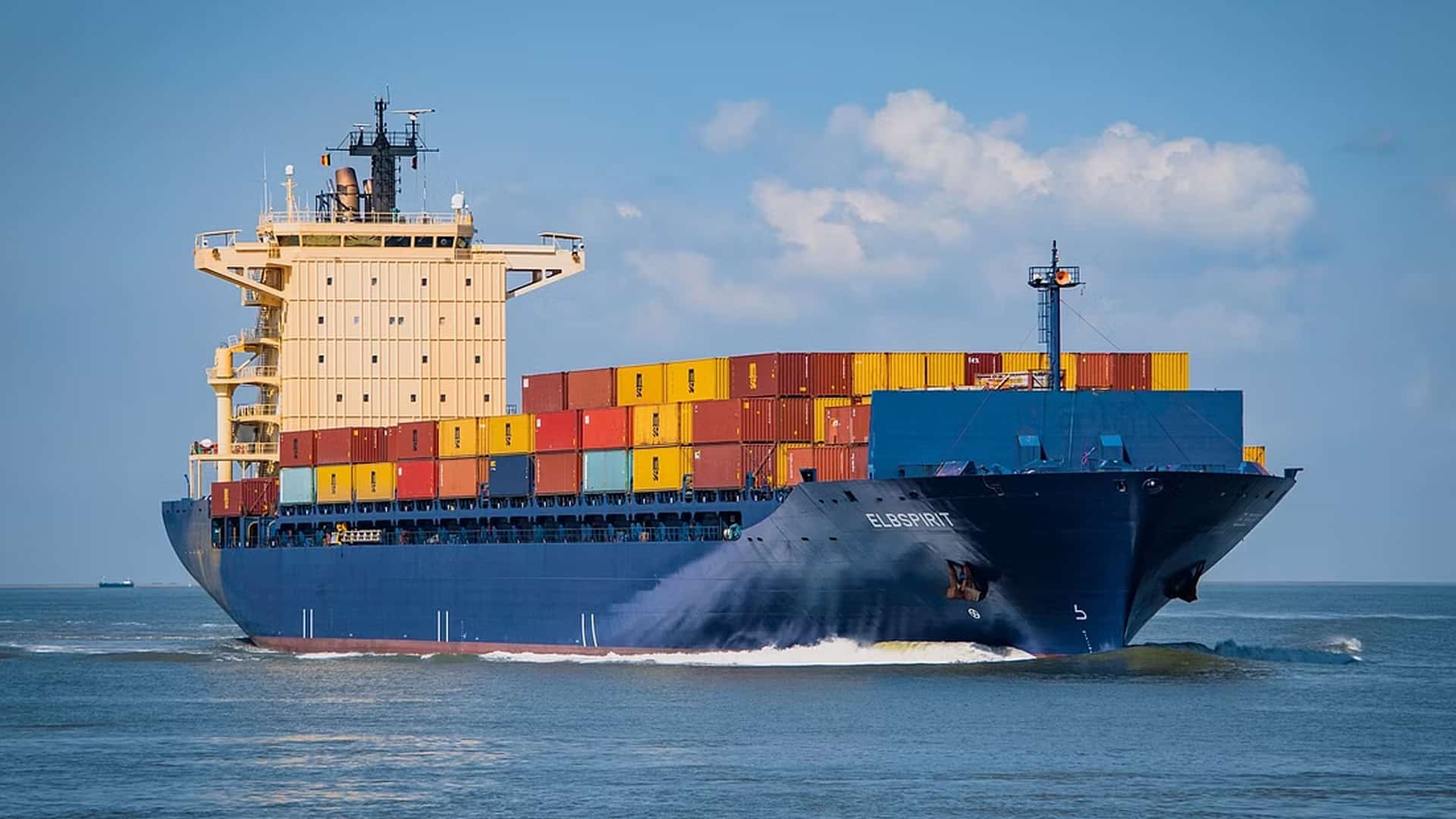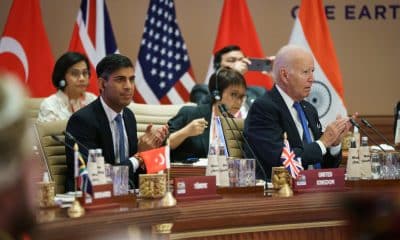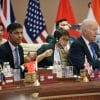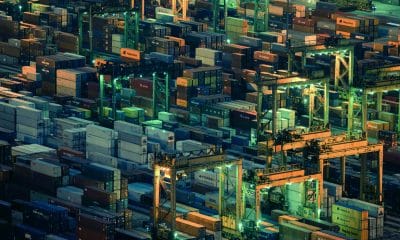Business
Coherent maritime strategy for G20 nations to have huge economic significance: Bjorn Hojgaard
Pitching for a coherent maritime strategy among the G20 nations, a top industry executive on Saturday said such a framework, if adopted, will have huge economic significance besides other benefits.
Hong Kong-headquartered shipping giant Anglo-Eastern Shipping’s CEO Bjorn Hojgaard also emphasised on the need for streamlining collectively the visa procedures for bonafide seafarers by the G20 member countries. India is currently hosting the G20 leaders’ Summit in New Delhi. G20 nations account for around 45 per cent of the world’s coastline and 21 per cent of the world’s Exclusive Economic Zones, according to Hojgaard.
Also read: Defining milestone towards charting more inclusive compositions: Sunil Mittal on African Union joining G20
“A coherent maritime strategy is absolutely necessary among G20 nations as almost all of them are coastal States and rely heavily on ocean-related business activities for livelihoods and economic growth,” Hojgaard said in a statement. Significantly, Anglo-Eastern is one of the largest employers of Indian seafarers in the world. Noting that seafarers are the “unsung heroes” of global trade, ensuring that goods move efficiently across the world’s oceans, he observed that, “the bureaucratic hurdles they face in obtaining visas to reach different G20 ports are a significant obstacle.”
“G20 nations should collectively work towards a unified approach to streamline visa procedures for bonafide seafarers,” he said, and added that a harmonized visa strategy could include mutual recognition of the seafarers’ visas among G20 countries. This would allow seafarers of G20 nationalities to transit through different G20 ports more seamlessly, he said. Besides, it would also reduce the administrative burden on both seafarers and the authorities, making international maritime travel more efficient and economically viable, Hojgaard said.
The coherent G20 maritime strategy should also include a common G20 maritime policing infrastructure according to him. Ensuring the safety and security of seafarers and vessels is of paramount importance, he said. Unfortunate incidents can and do occur at sea, often involving vessels manned by seafarers from G20 nations, Hojgaard said, who is also of the view that “creating a common maritime policing infrastructure within the member countries could help address these challenges effectively.” Noting that coordination, cooperation and collaboration among G20 nations is the key, he said, this could involve joint training exercises, information sharing and a framework for collective action in response to maritime incidents.
Such cooperation would enhance the capabilities of each nation and promote trust among them, according to him. Hojgaard said a coherent maritime strategy for the G20 nations is not just a matter of convenience but is also a matter of huge economic significance and humanitarian responsibility. The ‘Blue Economy’ is a shared resource, and as such, it requires a shared commitment to ensure its sustainability and the well-being of those who navigate its waters, he said. By working together on these two critical fronts, the G20 nations can contribute significantly to the betterment of the maritime industry and the world as a whole, he added.










































Pingback: G20 first spouses see breakthroughs in Indian agriculture at IARI, enjoy farm-to-fork millet experience